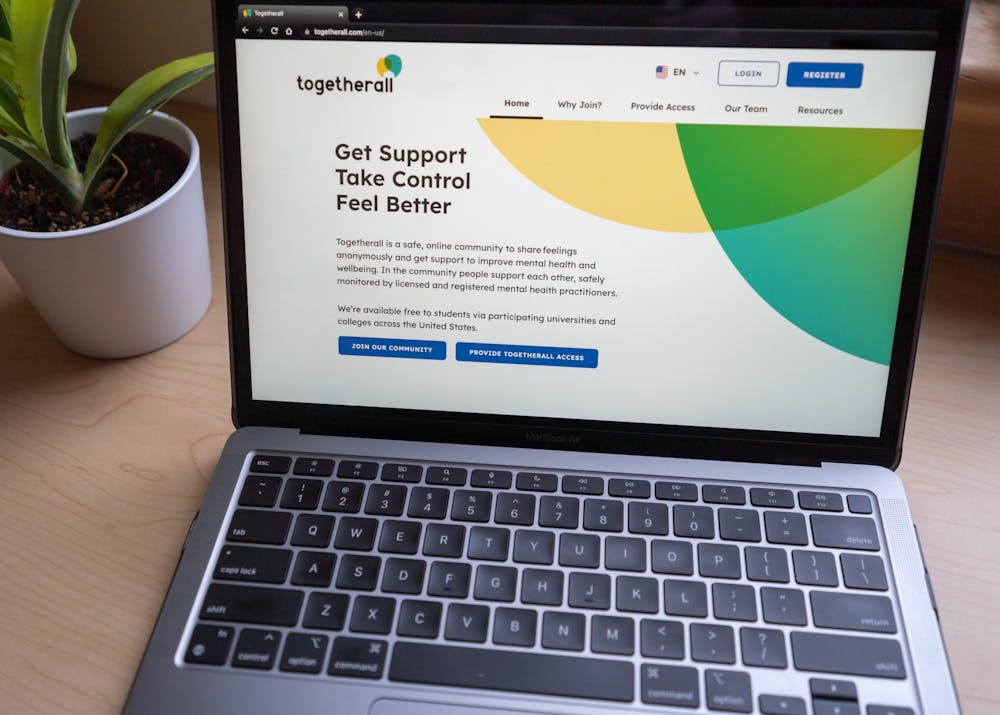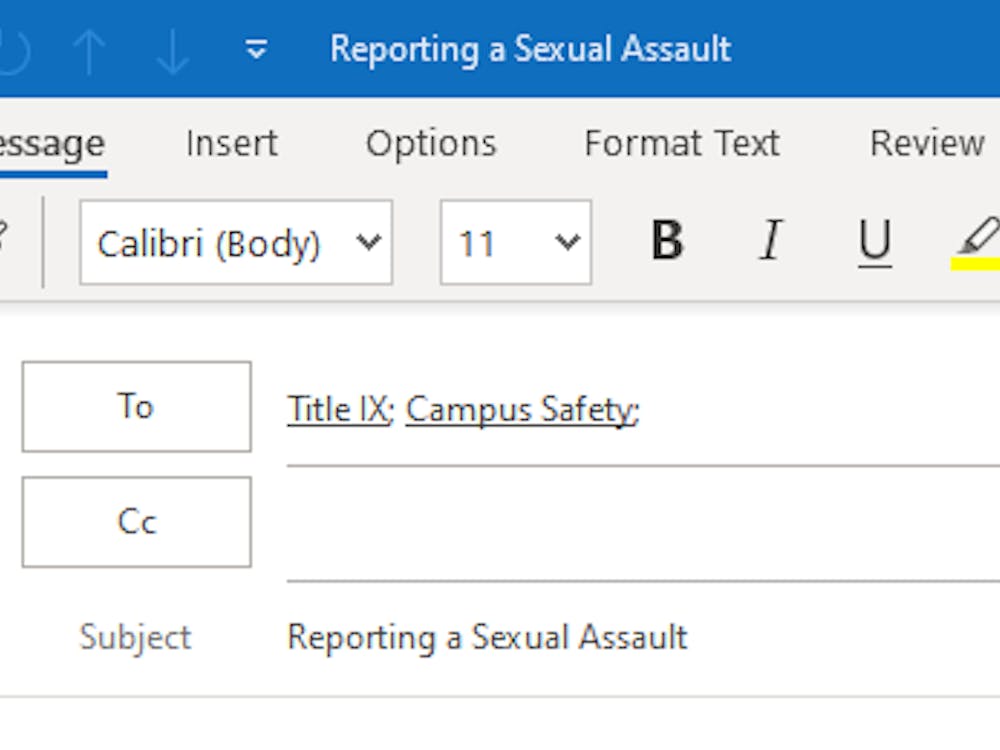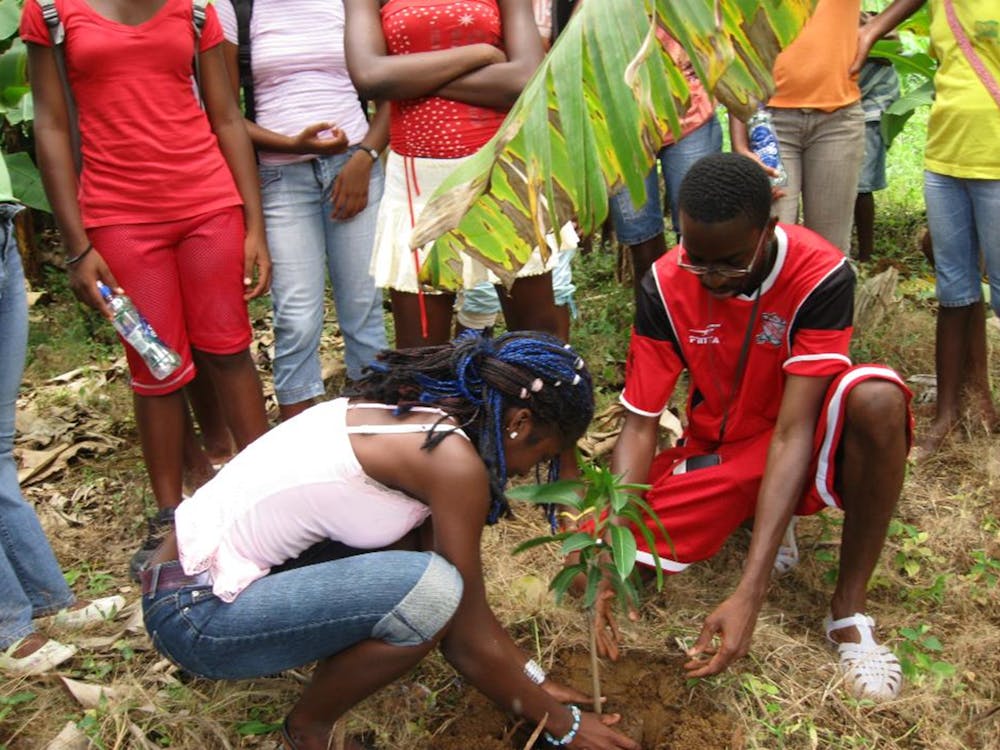As the college mental health crisis surges, UP is partnering with Togetherall, an anonymous, safe, online, peer-to-peer mental health community that is monitored 24/7 by licensed clinicians — known as “wall guides.”
To register, students can sign up by entering their UP email in the registration fill-in box on the Togetherall website.
This mobile-friendly website acts as a community message board that allows members to interact with people from different parts of the world about a number of topics that are mental health-related, about everyday life stresses or about lifestyle problems.
Togetherall account manager, Matt Schofstoll, sees the ability to interact with different people as an asset that students shouldn’t overlook.
“You're going to be interacting with a lot of different walks of life,” Schofstoll said at an event for Resident Life employees. “And we see a lot of value in that because it helps bring a lot of different perspectives to the situations that students may be wanting to discuss within the platform.”
On the message board, students are able to post visual and text posts detailing what they have been going through. Once it is posted, members are able to interact and offer their perspectives, advice, or support. If the wall guides see that no one has interacted with it after a couple of minutes, they will comment and start a conversation.
In the event that a member shares something on the platform that could potentially uncover their anonymity, wall guides will step in and help make some corrective actions so that anonymity stays in place.
If a member sees a potentially harmful or inappropriate response to a post or believes a post warrants immediate action, they are able to report it to wall guides to step in, who will notify the community that they're sending this person a direct message.
In a crisis situation, wall guides will give the member an option to de-anonymize themselves. If a wall guide sees a member potentially putting themselves at risk, they may report it to senior clinicians, thereby breaking the glass of anonymity to make sure that they're getting to the proper services.
Members also have the ability to go through and filter out posts based on topics that they want to read about and that affect them personally, or can hide posts on issues that might be triggering. There is also a feature to “favorite a post” in case users want to go back and revisit it.
Along with the message board feature, Togetherall offers other resources like courses focusing on cognitive behavioral therapy, personal journals, direct and small group messaging between members (monitored by wall guides), self-assessments, goal trackers and articles surrounding how to deal with mental health struggles.
Associate Director of Student Care at UP, Alli Dunham, is particularly excited about all of the resources Togetherall offers — which might not be seen as daunting as going to therapy.
“That felt reassuring to us that they would be able to get some immediate help if needed,” Dunham said. “We also liked the fact that Togetherall was a little bit different and unique, and that it wasn't necessarily phone counseling. It would give students the ability to get support in a different way.”
Since a specific type of email address is needed to register, it is unlikely members will interact with trolls or spambots. If someone starts behaving that way, Togetherall will try to connect and work with them, and if the user does not change their behavior, they will be removed from the platform.
“This type of platform is something that we've heard works really well in university settings and has helped many students put themselves out there and ease their way into getting support,” Dunham said. “We're really hoping that this reaches students to help break the stigma with mental health by connecting with other like-minded people and feeling like it's okay to talk about things that are going on in our lives.”
Brie Haro is the Community Engagement Editor for The Beacon and can be reached at haro23@up.edu.








